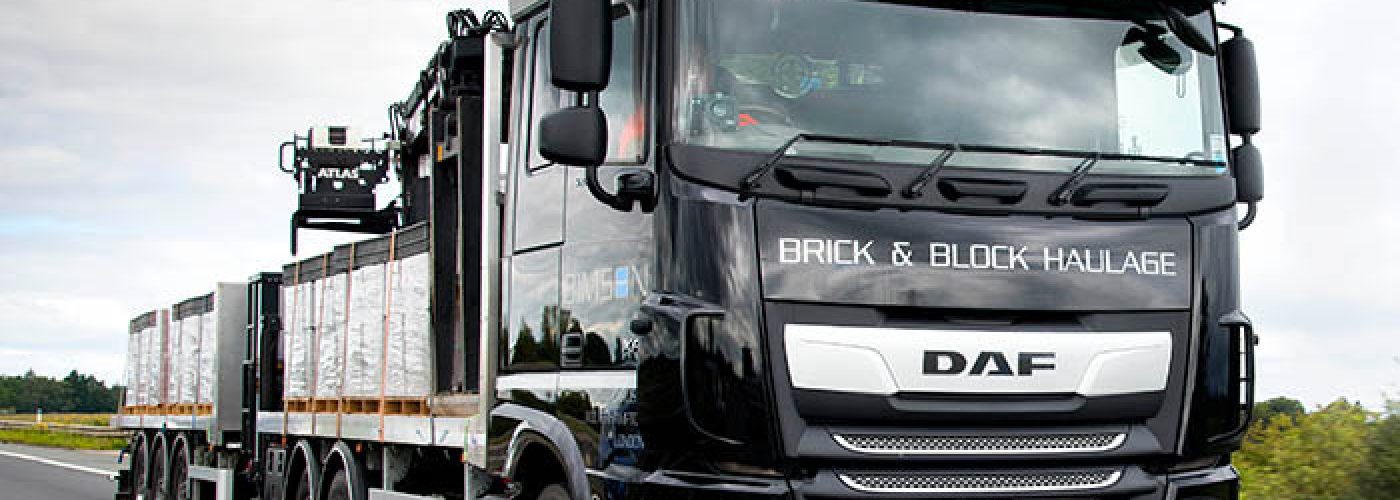The construction industry is constantly evolving with new technologies that aim to improve efficiency, safety, and sustainability. When it comes to transporting equipment and materials to and from job sites, trailer transport plays a crucial role in ensuring smooth operations. In recent years, innovative technologies have been introduced that are redefining the way trailers are used in the construction industry.
From autonomous vehicles to electric trailers, these advancements are revolutionizing the way construction companies move their assets from one location to another. In this blog post, we will explore five of these cutting-edge technologies that are reshaping trailer transport in the construction industry.
1. Autonomous Driving Transforming Trailer Transport
Autonomous driving technology is revolutionizing trailer transport in the construction industry. By optimizing routes and delivery schedules, it enhances operational efficiency and reduces costs for construction companies. Additionally, autonomous vehicles improve safety by minimizing human errors and accidents on the road.
Equipped with advanced sensors, these vehicles can detect obstacles with high accuracy, creating a safer work environment for all. Moreover, autonomous driving promotes environmental sustainability by optimizing fuel consumption and reducing emissions. Overall, this technology is reshaping the way trailers are used in the construction industry by improving efficiency, safety, and sustainability.
2. IoT Connectivity Enhancing Real-Time Tracking in Trailer Transport
IoT connectivity is revolutionizing trailer transport in the construction industry by enabling real-time tracking of assets. By equipping trailers with IoT sensors and devices, construction companies can monitor the location, status, and condition of their trailers at all times. This real-time tracking capability enhances operational efficiency by optimizing asset utilization and reducing idle times.
Construction managers can easily access this data through cloud-based platforms, allowing for better decision-making and improved resource allocation. Additionally, IoT connectivity improves security by providing enhanced theft prevention measures and increasing overall visibility of trailer movements. Overall, the use of IoT technology is transforming trailer transport in the construction industry by enhancing real-time tracking capabilities for improved efficiency and security.
3. Advanced Materials for Enhanced Durability in Trailer Transport
In the construction industry, the durability and reliability of trailers play a crucial role in ensuring seamless transportation of equipment and materials to job sites. Advanced materials are now being utilized to enhance the longevity and strength of trailers, revolutionizing trailer transport in the construction sector.
By incorporating lightweight yet robust materials such as carbon fiber and composite alloys, trailers are becoming more resilient against wear and tear, reducing maintenance costs and improving overall efficiency. Let’s explore how advanced materials are reshaping trailer transport in the construction industry through enhanced durability:
- Utilization of lightweight yet strong materials like carbon fiber and composite alloys
- Increased resistance to wear and tear, reducing maintenance costs
- Prolonged lifespan of trailers due to enhanced durability
- Improved weather-resistance, protecting cargo from external elements
- Contribution to sustainability by reducing the need for frequent replacements
The integration of advanced materials is revolutionizing trailer transport in the construction industry by ensuring greater durability, longevity, and operational efficiency.
4. Efficiency Improvements through Aerodynamic Designs in Trailer Transport
In the construction industry, efficiency is key to delivering projects on time and within budget. Aerodynamic designs in trailer transport are now playing a significant role in enhancing operational efficiency and reducing fuel consumption. By incorporating sleek, aerodynamic features such as curved roofs, side skirts, and streamlined fronts, trailers can minimize drag and improve fuel efficiency on the road.
These innovative designs also contribute to reducing emissions and carbon footprint, aligning with sustainability goals for construction companies. Additionally, aerodynamic trailers can achieve higher speeds with less resistance, leading to faster delivery times and increased productivity. Overall, aerodynamic designs are transforming trailer transport in the construction industry by optimizing efficiency and promoting eco-friendly practices.
5. The Rise of Electric Trailer Rigs in Construction Industry Transport
Electrification of trailer rigs is a game-changer in the construction industry, offering a sustainable and efficient solution for transporting equipment and materials. With electric trailers powered by batteries or hybrid systems, construction companies can significantly reduce their carbon footprint and lower operating costs. The shift towards electrification not only improves air quality by reducing emissions but also contributes to noise pollution reduction on job sites.
Additionally, electric trailer rigs offer quieter operation, making them ideal for urban environments and nighttime transportation. These innovative vehicles are paving the way for a greener future in trailer transport, revolutionizing the construction industry’s approach to sustainability and efficiency.
Conclusion
In conclusion, the construction industry is experiencing a transformation in trailer transport through the integration of innovative technologies. From autonomous driving and IoT connectivity for real-time tracking to advanced materials enhancing durability and electrification of trailer rigs, these advancements are reshaping the way construction companies move their assets.
As efficiency, safety, and sustainability become increasingly important factors in project management, the adoption of these technologies is proving to be essential for staying competitive in the industry. With ongoing developments and continual improvements in trailer transport technology, construction companies can look forward to further advancements that will streamline operations, reduce costs, and contribute to a more environmentally friendly approach to transportation.





